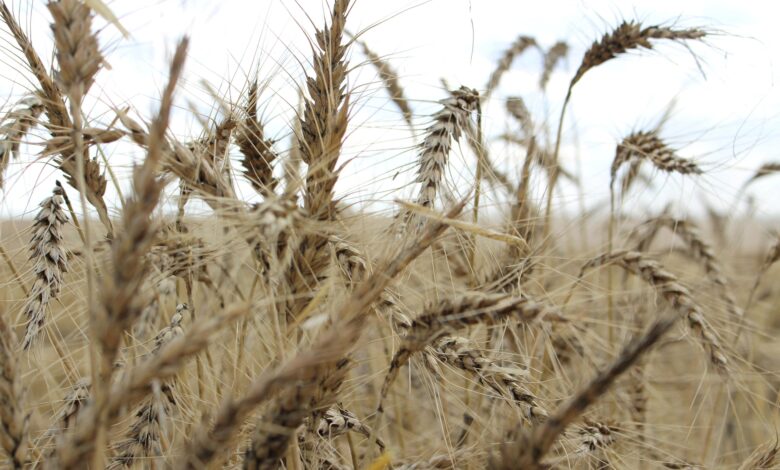China’s approves first gene-edited wheat in step to open up GM tech to food crops

China has approved the safety of gene-edited wheat for the first time, in a step to open up the technology to food crops as Beijing cautiously moves forward with commercial growing of genetically-modified crops.
China has in the past year ramped up approvals of genetically-modified (GM) corn and soybean seeds that are higher-yielding and resistant to insects and herbicide to secure its food security, but the take-up remains slow and cautious due to concerns about the impact to health and ecology.
China mostly imports GM crops such as corn and soybeans for animal feed and grow non-GM varieties for food consumption. Many Chinese consumers remain concerned about the safety of GM food crops.
The approval for the gene-edited disease-resistant wheat is a seen as a milestone as the ingredient used to make pasta, noodles and bread is predominantly grown for food consumption. China is the world’s largest wheat producer and consumer.
“It is a big step, we can see the light for China to open up approvals for other food crops,” said a seed industry executive.
Unlike genetic modification, which introduces foreign genes into a plant, gene editing alters existing genes to change or improve its performance and is viewed by some scientists as less risky than genetically-modifying them.
GET BT IN YOUR INBOX DAILY

Start and end each day with the latest news stories and analyses delivered straight to your inbox.
Beijing is also expected to pass new rules this year for the labelling of genetically-modified crops used in food products, state media reported in March.
The agriculture ministry on Wednesday (May 8) also approved a new variety of genetically-modified corn with herbicide and insect-resistant traits, as well as one gene-edited corn variety that is higher yielding.
The safety certificates has been approved for five years from May 5, according to a document published by the Ministry of Agriculture and Rural Affairs.
The world’s biggest buyer of soybeans and corn aims to raise domestic production through higher yielding seeds and cut its grains imports of more than 100 million metric tons a year. REUTERS

